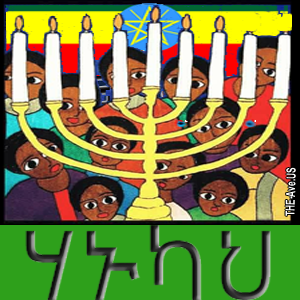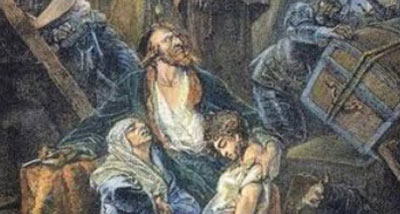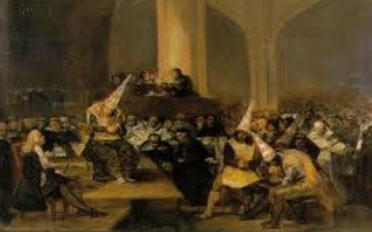
On December 30, 1066, the Jewish population of Granada, Spain, fell victim to a massacre by an angry Arab crowd — with an estimated 4,000 killed. The pogrom followed the murder of Joseph Ibn Naghrela, the Jewish vizier to the Berber king of Andalusia.
In Granada, the same morning, Joseph Ibn Naghrela, the Jewish vizier of Berber king of Andalusia, had been murdered by Arab mob. This happened on December 30, 1066. Historians do not all agree on the causes of this violence. They designateinter-tribal hostilities between Arab and Berber communities of North Africa who come to conquer the south of Spain and which, it seems, the Jews paid the price. But there is also jealousy and resentment that the ascension of a man may have sharpened. Joseph Ibn Naghrela is the son of the legendary Hanagid Shmuel (993 – 1056), a spice merchant, rabbi, poet, grammarian and wise politician.

He produced numerous works of biblical exegesis and based in Merida, where he grew up, a yeshiva that produces brilliant Talmudic scholars such as Rabbi Yitzhak Ibn Ghiath and Rabbi Yosef ben Maimon (Maimonides’s father). It flees to Cordoba (Cordoba) when the Berbers take the city in 1013 then in Granada where it exercises various trades and becomes assistant of the vizier of the Berber ruler of the city, Habbus al-Muzaffar. When Habbus died in 1038, Shmuel settled for the king’s eldest son, Badis, succeeding him, countering the plans of the court and other Jewish courtiers who support another son, Bologhin. By way of thanks, Badis names Shmuel, vizier (“naguid” in Hebrew).In turn, Shmuel died and his place of vizier naturally returns to his son Joseph who also succeeded him as rabbi. Joseph is said to have been the disciple of Nissim Gaon, the author of the Talmudic commentary, ha-Mafteach, whose daughter he married. The Jewish historian, Abraham Ibn Daoud, born a century later, wrote of Joseph that: “Of all the good features of his father, he lacked only one: humility … He is proud of his privileges and The Berber princes jealous him. ”

Scene of the Inquisition
Another historian reported that Abu Ishaq, an Arab lawyer who aspired to a position at court, wrote a poem accusing Joseph and his “Jewish brothers” of plotting against Badis with the intention of betraying him for a rival Al- Mutasim of Almeria. The king is not impressed by these accusations; On the other hand, the resentments of the population of Granada against the Jews of the city are only exacerbated. In his book “The Jews of Islam,” Bernard Lewis quotes a poem by Abu-Ishaq in which he urges action against the Jews of Granada: “Do not consider the fact of the Kill, lack of faith would let them survive. They violated our alliance with them, so how can you be held guilty of offenders? How can we make covenant with them when we are obscure and they are important. Now we are humble, beside them, as if we were wrong and they were right! ” For Bernard Lewis, “diatribes like that of Abu Ishaq and massacres like that of Granada, in 1066, are rather rare in Islamic history.”